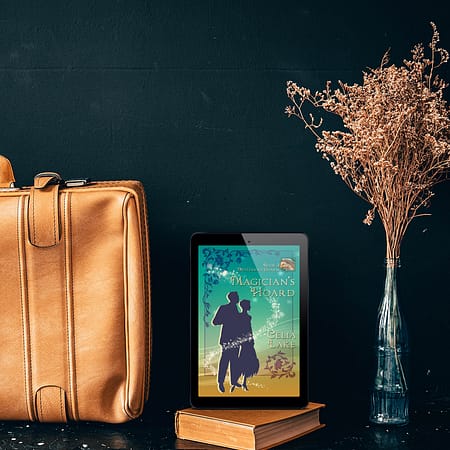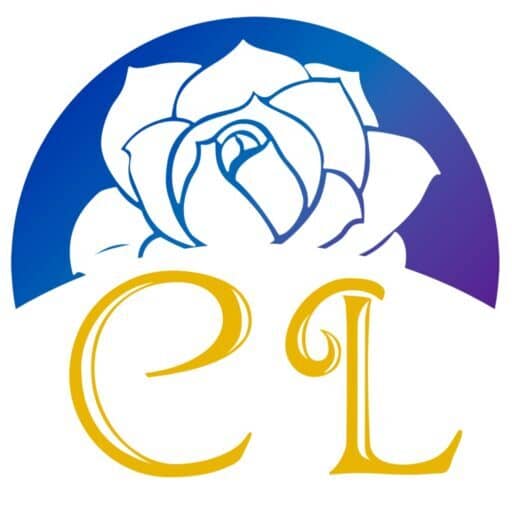Welcome to the next in this series of posts about ideas behind my books. Today, we’re talking about Magician’s Hoard, which takes place in 1926, featuring Pross and Ibis.

Egyptology offers so many opportunities.
And the 1920s are a tremendously rich period in the history of the field. (I’m pretty sure we’ll be revisiting sometime later in my writing). In 1926, when William Matthew Flinders Petrie was actively excavating and sending materials back to what would become the Petrie Collection at University College London.
In 2015, I visited London, and was able to go to a lecture at the Petrie Collection (on the Egyptology behind the Doctor Who episode, Pyramids of Mars, which had its 40th anniversary that week.) It’s an amazing collection, with all sorts of little treasures and unusual items. Exactly the sort of thing Ibis could usefully apply himself to.
Who would do this?
I knew I wanted to do a book centering on Pross Gates, who appears in Outcrossing as a secondary character. She’s intelligent, resourceful, and independent – not looking for love, but rather stuck in a rut. The more I wrote about Ibis, and his goals and priorities, the more fascinated I was about how they fit together.
Ibis and his religion.
Here’s another bit of worldbuilding. One of my goals for the series is to write a cultural sense of religion that was not purely Christian (or religions of the Book, for that matter…) Many of the characters in my books have family practices related to deities associated with places, family lines, or particular professions.
Ibis, though, Ibis is very clearly a devotee of Hetheru (also known as Hathor) and Djeuty (also known as Thoth). You can see the little pieces of this through the descriptions of his office, his rooms – and his invocations while making love.
(I should note that Christianity also exists among the magical community – just that it’s one option among many, not the religion of a significant majority. More coming about that in the future.)
Of course, I also have an advantage here – besides my own lifelong interest in Egyptology, my most excellent editor, Kiya Nicoll, has done far more and has also written about it. (The Traveller’s Guide to the Duat, a guidebook to the spirit world of ancient Egypt. Comes with poetry of a variety of flavours and great good humour.)
Contemporary politics
I admit I’m also delighted about working a discussion about the complexities of Rudyard Kipling into a romance novel, and the character’s various reactions the ongoing colonialism (present in the 1920s in both Egypt and India.) There are a lot of things about Kipling that hold the memory, but his politics could be exceedingly awful.
The challenges of growing up in that environment (and how it affected Pross, who has not had the direct nearby support of her parents since she was 10) and Ibis (whose family other than his youngest sister are in Egypt, and who also had to deal with being visibly not like many of his peers in school) were something I wanted to bring out.
Magic
And of course, I wanted to gesture at some other common magical ideas, the ranges of what magic can do, and spend a little time at Schola, one of the five focused schools of magic in Albion. (We’ll be seeing more of it in a future book.)
Hedgehogs
Finally, without getting into spoiler territory, who doesn’t love a hedgehog? Most usefully for my purposes, besides being appropriate to the application, they are classic animals of both the British Isles and of Egypt.
Let me know if you’ve got more questions about my ideas or how they make their way into books! And of course, you can get your copy of Magician’s Hoard if this intrigues.
